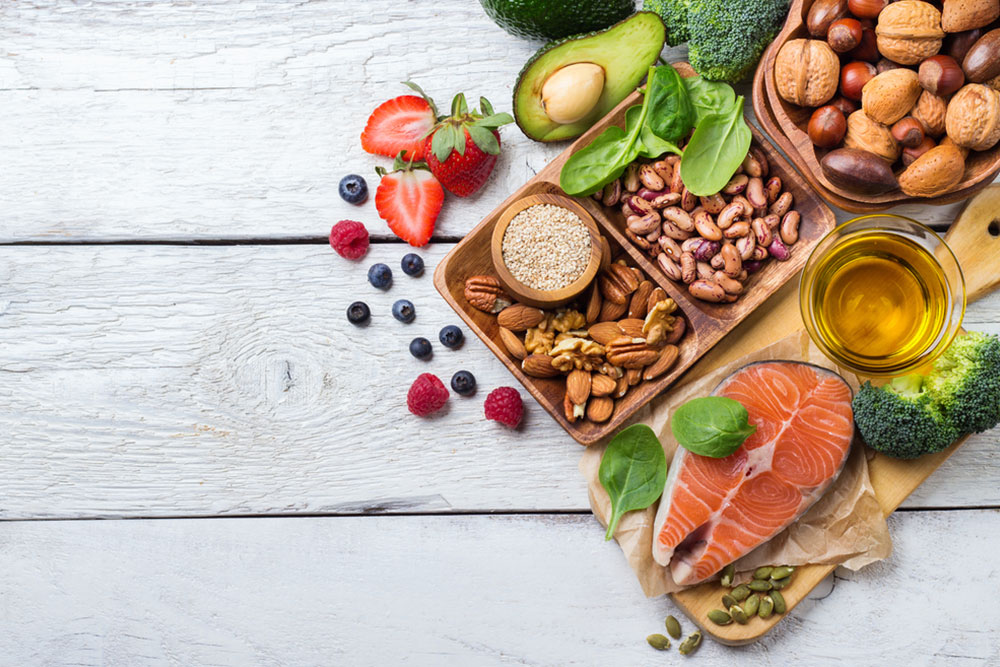Foods to eat and avoid for prostate cancer
When undergoing treatment for cancer, it becomes imperative for one to eat the right kind of food and ensure that the body gets all the nourishment and energy it requires. This is because the body will be working overtime to battle cancer, and it would also need the energy to repair cells that get damaged because of radiation and chemotherapy.
Foods to help battle prostate cancer
Whether one is trying to eliminate prostate cancer or prevent themselves from getting diagnosed with it, knowing the foods that can protect them from cancer-inducing carcinogens is helpful:
- Tomatoes are rich in lycopene, which is effective against prostate, stomach, and lung cancers.

Lycopene can also slow down the spread of cancer cells and is most effective when consumed in the natural form. Any diet that includes a lot of vegetables and fruits can provide good protection against cancers. Lycopene-rich fruits like papaya, guava, and watermelon must be made part of the diet. Pectin, which is present in apples, plums, and apricots, is also known to reduce cancerous cells by almost 40%. A diet that consists of fiber-rich vegetables helps ward off prostate cancer, a prime reason for less Asian men being affected by this disease as compared to those in the West.
Cruciferous veggies like broccoli and cauliflower are particularly beneficial as they slow the growth of cancerous cells. Green tea and soy have been recommended to keep prostate cancer away, but these are only in the testing stage as of yet. Some chemicals present in soy are found in other legumes and pulses as well, and these may also be effective in preventing prostate cancer. Fish rich in omega-3 fatty acids, like salmon and mackerel, can reduce the risk of cancer. Some studies suggest that pomegranate is effective for men with prostate cancer, but there is no solid evidence. It is best to consult a doctor before consuming pomegranate as it can lead to adverse effects when taken with certain medications.
Foods to avoid
- Research shows that people who eat a lot of beef and red meat may face a higher risk of cancer. A study found that eating barbecued meat and grilled meat, particularly well-done beef, greatly heightened the risk of prostate cancer. Men should opt for lean meat, legumes, and beans instead to get their supply of proteins.
- Low-fat dairy foods may be permissible, but standard dairy products are likely to contain fatty acids and may not make for a good choice.
- A diet rich in calcium may be responsible for stimulating cancer growth and should be avoided, along with high-dose zinc supplements.
- It is best to steer clear of salted foods, preserved foods, or pickles.
- Flaxseed oil must also be avoided by patients as it can encourage the growth of prostate cancer.
- Saturated fat intake may be responsible for increasing the risk of prostate cancer. One can replace animal fats using vegetable oils as this might help prostate cancer patients to live longer. The better alternatives are avocado oil and olive oil, as it is rich in antioxidants and vitamin E.
Disclaimer:
The content provided on our blog site traverses numerous categories, offering readers valuable and practical information. Readers can use the editorial team’s research and data to gain more insights into their topics of interest. However, they are requested not to treat the articles as conclusive. The website team cannot be held responsible for differences in data or inaccuracies found across other platforms. Please also note that the site might also miss out on various schemes and offers available that the readers may find more beneficial than the ones we cover.

